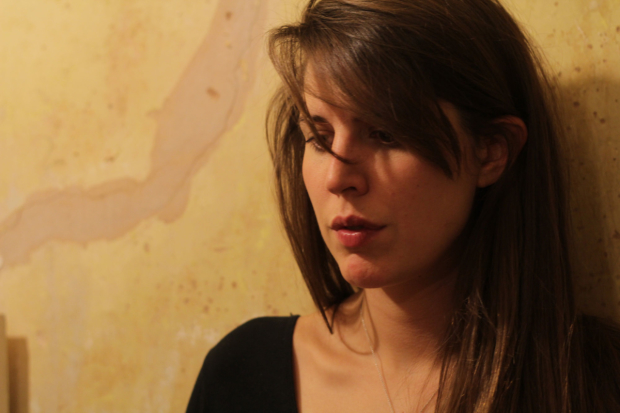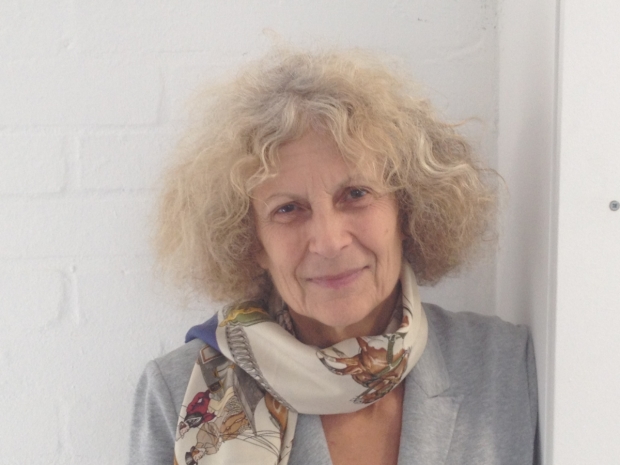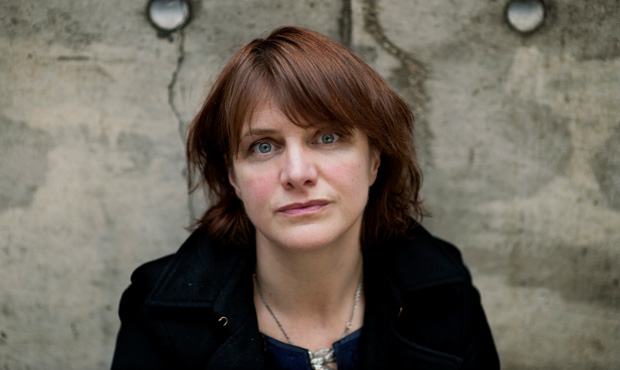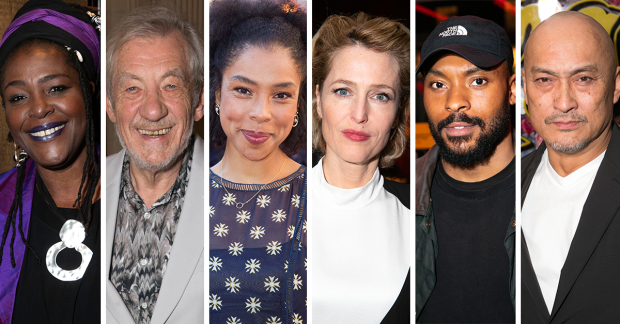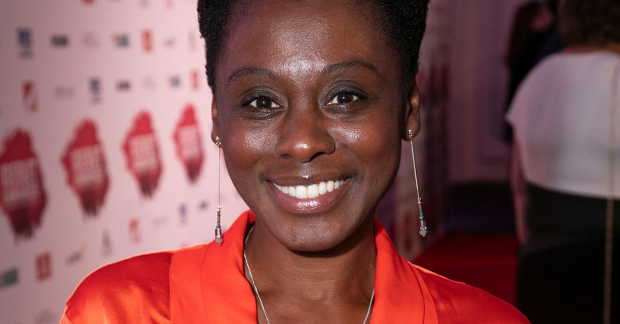15 women playwrights you really should have heard of

(© Stephen Cummiskey)
It's International Women's Day and therefore the perfect opportunity to celebrate female playwrights. While this list is definitely NOT a 'best of' list, nor in any way an exhaustive list, it is simply an attempt to highlight a few iconic, game-changing women, writing plays today. All are alive and making work at the moment and some names will be more familiar than others. If you're up for exploring further why not check out the brilliant Susan Smith Blackburn Prize website – an award for female playwrights which has been running since the '70s – and Tonic Theatre. Both organisations are doing sterling work to surface and promote the work of women.
Caryl Churchill
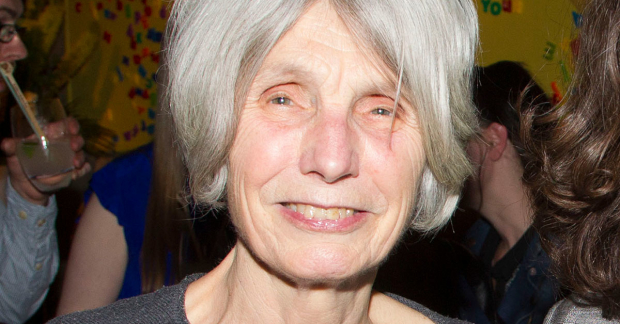
(© Dan Wooller for WhatsOnStage)
With a Top Girls revival on the horizon at the National, and the Royal Court regularly staging her new plays, Caryl Churchill is one of those astonishing playwrights who has managed to write plays that are significant in each generation she has written. Her pinpoint, complex, dazzling dialogue leads to productions such as the recent Escaped Alone – which ran at the Royal Court in 2016 and mixed the mundane with the extraordinary in a conversation between older women in a back garden. If you haven't read Top Girls, read it and go and see it at the NT. You won't regret it.
debbie tucker green
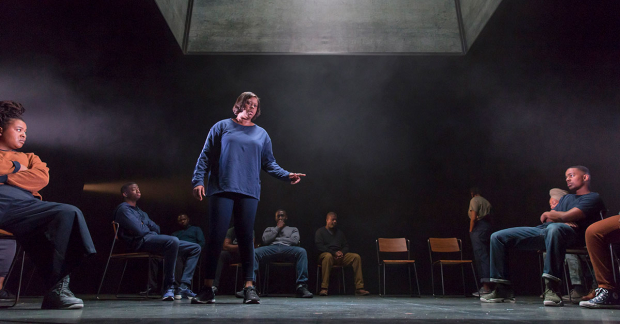
(© Stephen Cummiskey )
The camera and capital letter shy debbie tucker green has been writing about race and the world around us for almost 20 years now, and the impact of her work shows no sign of abating. She is a vital, often visceral truth teller who poses questions we all need to be asking about how we live today. Her most recent play, ear for eye, was a runner up for the Susan Smith Blackburn Prize and WhatsOnStage reviewer Sarah Crompton called it "utterly devastating".
Alice Birch

(© Stephen Cummiskey)
The winner of last year's Susan Smith Blackburn prize, Alice Birch recently made her first foray into film with Lady Macbeth, starring Florence Pugh and directed by William Oldroyd. She is a regular collaborator with Katie Mitchell and her 2017 work Anatomy of a Suicide told the story of a suicide over the course of three generations of women. It was a brilliant work that focused in on legacy, family and mental health. Her other plays include Revolt. She Said. Revolt Again. a feminist piece which experimented with form and language to startling effect.
Winsome Pinnock
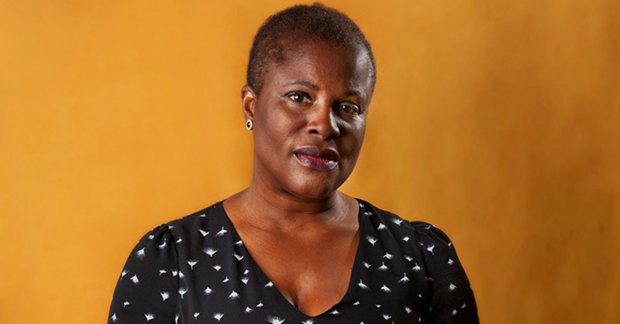
(© Bronwen Sharp)
2018 was a good year for the work of Winsome Pinnock, after her brilliant piece Leave Taking (the first ever play to be staged by a black woman at the National Theatre) was revived at the Bush Theatre in a production by Madani Younis. It was the first time the play was staged in London since 1997 and we were all left wondering: why so long to return? The relevance of the play – which was first produced in 1987 – in the wake of the Windrush scandal is both deflating and remarkable. Pinnock's portrayal of a British-Jamaican family in London demonstrates the complexities of living and growing in a country where you are seen as not belonging. She's still writing absolute knock-outs, as can be witnessed by the fact that she won the 2018 Alfred Fagon Award for Rockets and Blue Lights.
Lynn Nottage
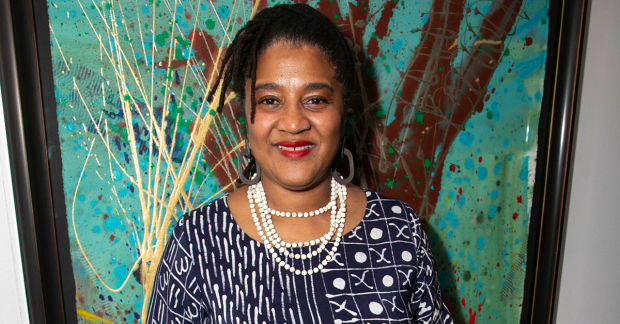
(© Dan Wooller for WhatsOnStage)
Newly nominated for an Olivier Award for her play Sweat, American playwright Lynn Nottage is also a two-time Pulitzer Prize winner. One of those was for Sweat, which ran in its UK premiere at the Donmar Warehouse at the tail-end of last year and will return to London this year in a West End transfer. Nottage puts remarkable, real historical and political stories and situations onto the stage. For Sweat, she went to Reading Pennsylvania (at the time officially one of the poorest cities in America) where she interviewed people who lived there. The result is a hard-hitting, gripping drama about the need for community.
Martyna Majok

(© Dan Wooller for WhatsOnStage)
The run of Martyna Majok's Pulitzer Prize-winning play Cost of Living is coming to an end over at Hampstead Theatre, but we expect we'll be seeing a lot more of her work on these shores in the future. Her plays put rarely heard voices onstage and she also became a finalist of the Susan Smith Blackburn Prize this year. Cost of Living features two disabled roles alongside two able-bodied roles and the play turns the idea of disability on its head. Try to catch it in the next day or so if you can.
Moira Buffini
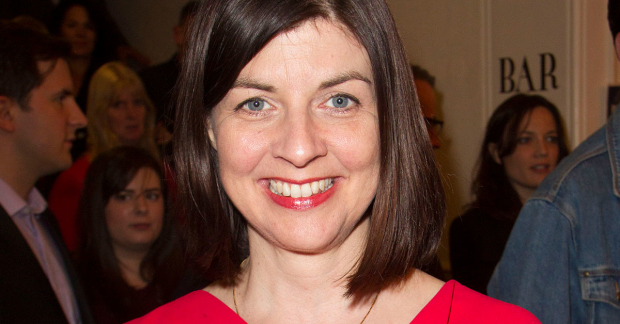
© Dan Wooller for WhatsOnStage
Another previous Susan Smith Blackburn Prize winner is Moira Buffini who has been a compelling voice on our stages for over 20 years. While her film and TV work may be known to most people – she adapted Tamara Drewe for the big screen as well as Harlots for the small screen – her theatre work has been far-reaching and hugely successful in both the commercial and subsidsed theatre sector. Handbagged, about meetings between the Queen and Margaret Thatcher, was not only a brilliantly captivating watch it was also flat out hilarious. We're not sure when she's coming back to writing new plays for the stage, but we hope it's soon.
Rebecca Lenkiewicz

Rebecca Lenkiewicz's Her Naked Skin, about suffragettes, became the first original play written by a living female playwright to be performed on the Olivier stage at the National Theatre in 2008. She has written for the stage consistently since she started, and has also written the Polish-language film Ida. Her work often features strong female protagonists and this year we will get to see her adaptation of Ibsen's An Enemy of the People reworked so that Alex Kingston can play the role of Stockmann.
Lucy Prebble

(© Dan Wooller for WhatsOnStage)
When ENRON opened at Chichester Festival Theatre in 2009 in a Headlong production, it caused a stir. It was a madcap, huge, ridiculous look at the financial scandal of the eponymous energy corporation and while it transferred to London and then the West End, it struggled on Broadway. Prebble's work has always ignited strong responses, however, and she remains a writer of incredible versatility. The Effect focused on love in the time of anti-depressants and, as with ENRON, made a complicated issue exceptionally digestible. Her most recent play is the Old Vic's secret project, called A Very Expensive Poison and is based on Luke Harding's book about Alexander Litvinenko. There's no doubt this one will be worth a watch.
Jackie Sibblies Drury
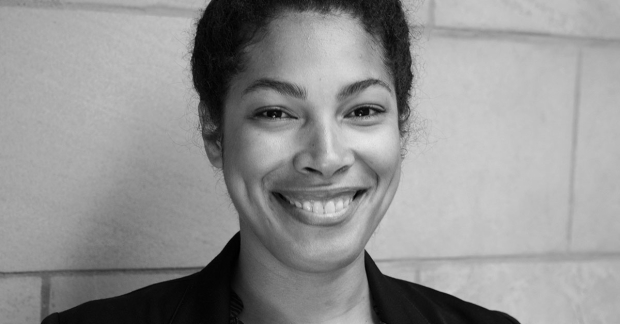
(© Ali Wright 2015)
Jackie Sibblies Drury is a new name to us, having just won the 2019 Susan Smith Blackburn Prize. The play she won it for is Fairview, which is getting its UK premiere at the Young Vic in September and sounds exciting, genre-busting and challenging. Drury doesn't shy away from putting her audiences on the spot and asking a lot from them in the piece, which follows preparations for grandma's birthday and becomes an examination of race and privilege in America. Book tickets now before they become hugely hot.
Katori Hall
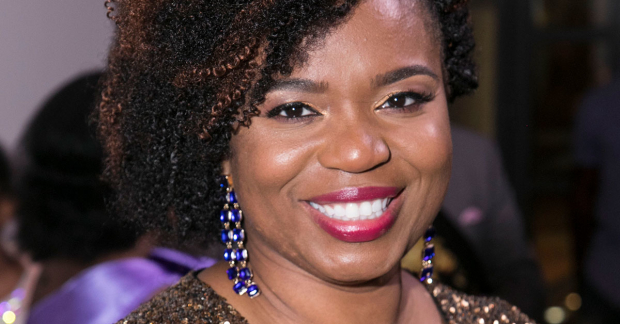
(© Dan Wooller for WhatsOnStage)
American journalist and playwright Katori Hall became the first black woman in history to win the Olivier Award for Best New Play in 2009 for her work about Martin Luther King called The Mountaintop. That acclaimed production ran and ran, opening on Broadway starring Samuel L Jackson as Dr King and Angela Bassett. It was a remarkable journey for the play, which started off in the tiny London fringe Theatre503. You can see Hall's work in the West End currently, as she is one of the writers on the successful musical about Tina Turner – Tina – The Tina Turner Musical.
Natasha Gordon
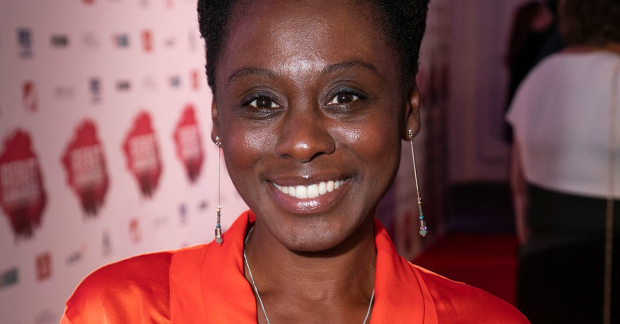
(© Dan Wooller for WhatsOnStage)
Natasha Gordon has made about as big a splash as you can do with only one play under her belt. Her debut work, Nine Night opened at the National Theatre last year to rapturous applause and a quick West End transfer, making Gordon the first Black British female playwright to have a play on in the West End. It's a funny family drama set during the traditional Jamaican nine nights of mourning and has also just been nominated for an Olivier for Best New Comedy. Having been an actor, Gordon knows how to write sharp, witty, real roles and in Nine Night she makes sure she writes them for a mixture of women of varying ages.
Timberlake Wertenbaker
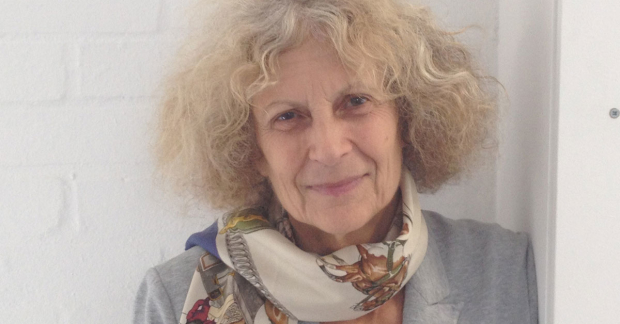
(© Simon Blakey)
Our Country's Good has been off and on the curriculum list for many a year now and rightly so. Timberlake Wertenbaker's history play is about what happens when a group of convicts in a penal colony put on a play in New South Wales in the 1780s. It is a popular choice (it's about to be staged at Tobacco Factories in Bristol) and not just because it is very poignant and very funny. It also demonstrates the transformative power of theatre and the need for society to humanise prisoners. Wertenbaker has been writing throughout her career, and her most recent work was Winter Hill which ran at Bolton Octagon in 2017.
Laura Wade

(© Dan Wooller for WhatsOnStage)
When Posh opened in the Jerwood Theatre Downstairs at the Royal Court in 2010, it prompted a sell-out run and a subsequent hit film called The Riot Club. The piece shone a light on the controversial Oxford University dining society the Bullingdon Club and spoke to society about who our current roster of politicians actually are. But it was not at all Wade's first play, which in fact was staged at Sheffield Crucible in 1996. Her work has played all over the place – small and big screen as well as radio – and Home, I'm Darling is currently running on the West End, having been nominated for a WhatsOnStage Award and an Olivier too.
Danai Gurira
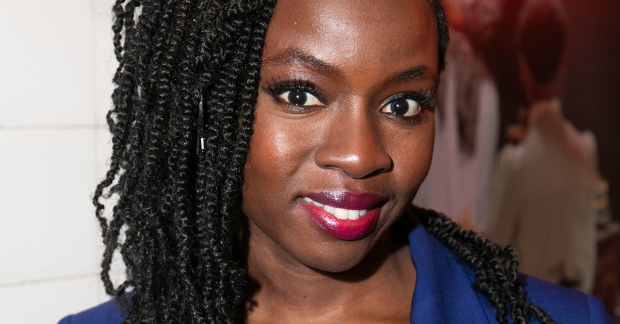
(© Dan Wooller for WhatsOnStage)
Actress and writer Danai Gurira has appeared in the groundbreaking Marvel film Black Panther but has also written some fairly groundbreaking plays herself. The Zimbabwean-American writes stories about strong women and has won an Obie, Outer Critics Circle Award, Sam Norkin Award and a Tony nomination for the work she's done. The awards were mainly for Eclipsed, her 2009 play which started Off-Broadway and is set in war-torn Liberia where three women live as sex slaves to a rebel commander. The Convert was recently seen at the Young Vic too, and featured one of her Black Panther co-stars, Letitia Wright. Her acting career is busy – she's been in several subsequent Avengers films recently – so her plays are a little less frequent than we'd want but we look forward to her next London outing.








